Columbia Engineering Announces the First Cohort of CKGSB Doctoral Fellowship Awardees
Columbia Engineering has announced the first five recipients of doctoral fellowships sponsored by Cheung Kong Graduate School of Business (CKGSB), a Beijing-based graduate business school. All five students in the inaugural cohort have just completed their third year of study for the PhD degree. Four will pursue their fellowship research in the industrial engineering and operations research (IEOR) department, and one will pursue his studies in the computer science department.
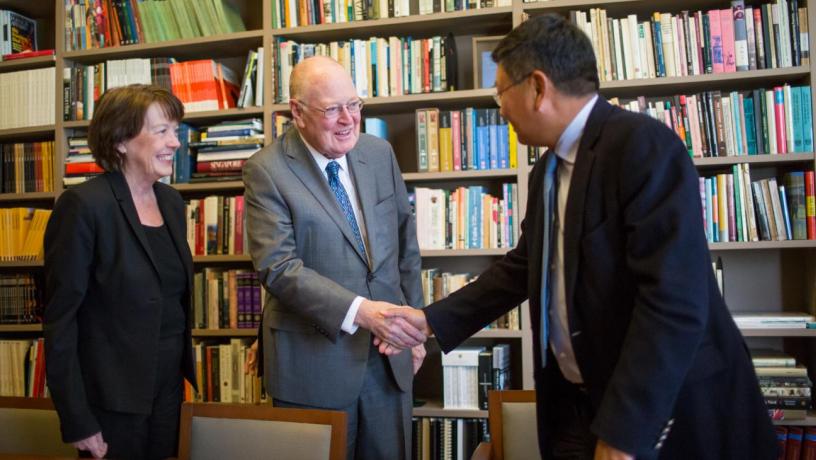
Columbia Engineering Dean Mary Boyce and Columbia University Provost John Coatsworth met with Dean Xiang Bing, founding dean of the Cheung Kong Graduate School of Business, to formalize a new partnership between the schools.
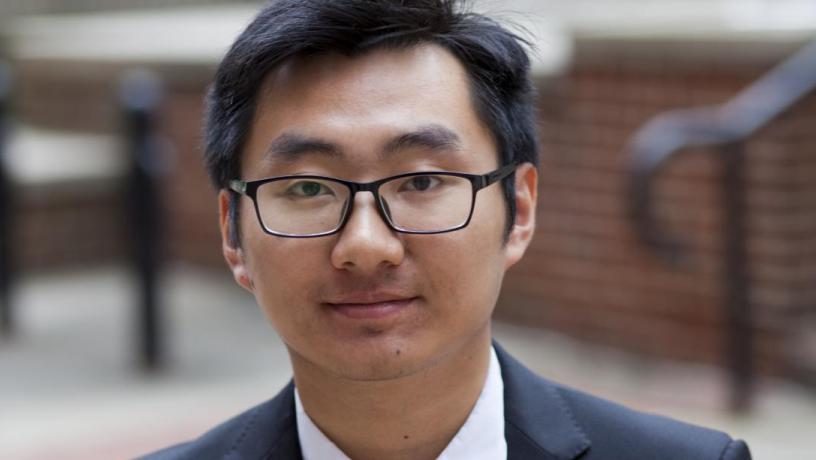
Lin Chen
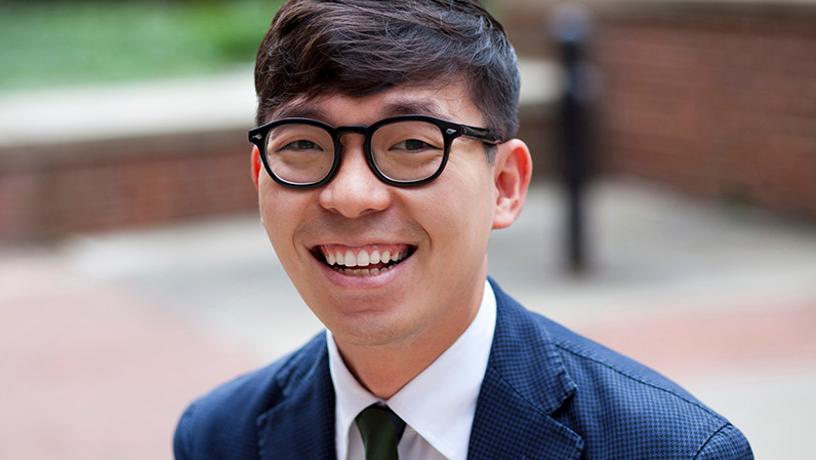
Min-hwan Oh
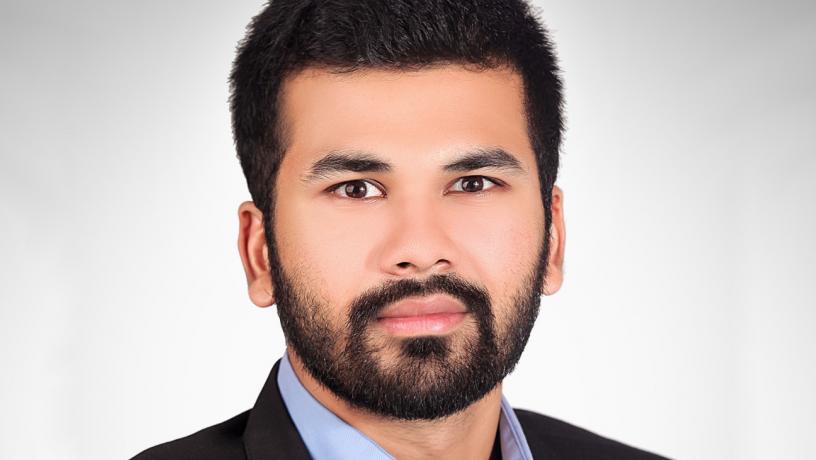
Raghav Singal
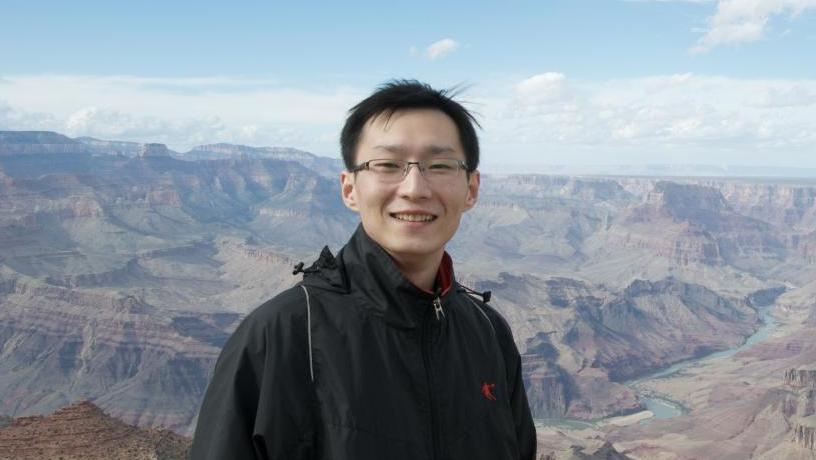
Ji Xu
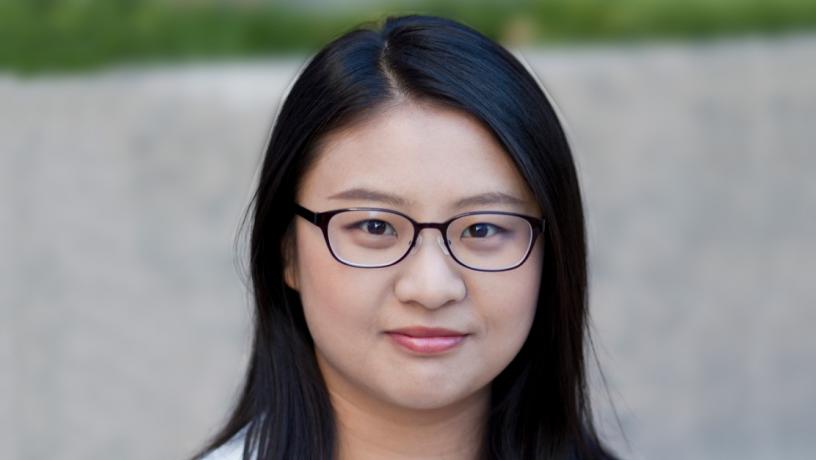
Yeqing Zhou
“We are pleased with the strength of the nominations for the inaugural cohort of CKGSB Doctoral Innovation Fellows,” said Mary Boyce, Dean of Columbia Engineering. “We are deeply grateful to Cheung Kong Graduate School of Business for its support of the innovative research that these talented graduate students are undertaking, as we further develop collaborations with CKGSB.”
“The five CKGSB fellowship awardees represent a wide range of research interests at the interface of computing technology and business innovation, and this is precisely the space where Columbia Engineering and CKGSB aim to explore synergy and opportunities, ” added David Yao, Piyasombatkul Family Professor of Industrial Engineering and Operations Research, who has been representing Columbia Engineering in collaborations with CKGSB.
The Cheung Kong Innovation Fellows were nominated by Columbia Engineering professors who are mentoring their doctoral research and competitively selected from among 21 students who submitted proposals in the fields of AI, data and analytics, financial technology, and the new economy, including e-commerce and the sharing economy. The fellows receive full financial support for the academic year, including tuition, stipend, and fees. The award is renewable for a second year, contingent on successful progress.
The selected 2018 CKGSB Innovation Fellows are:
Lin Chen, who has a BS in mathematics from Nanjing University and studied statistics and actuarial science at Waterloo University in Canada, is interested in financial engineering, in particular the modeling of financial markets. He is investigating Nobel Laureate Harry Markowitz’s model of portfolio theory with the goal of extending it to become more robust. His long-term agenda is to combine distributionally robust optimization formulation with behavioral finance models to better explain agents’ behavior in financial markets and to yield more robust portfolios and strategies for better performance. He is working under the guidance of Xunyu Zhou, Liu Family Professor of Financial Engineering, who established the FDT Center for Intelligent Asset Management at Columbia Engineering.
Min-hwan Oh, who graduated from Columbia University with a BA in mathematics and statistics, is focusing his research on efficiency in reinforcement learning (RL), a field of machine learning that studies how an agent can learn to make sequential decisions in environments with unknown dynamics. Reinforcement learning provides a unified, general framework that captures many AI applications, such as robotics, self-driving cars, and adaptive medical treatments, but most theory and practice does not yet address real-life scenarios. It is those real-life applications that Oh intends to explore, along with his advisor, Professor Garud Iyengar, who chairs the IEOR department. Longer-term, Oh aims to develop RL algorithms that can deal with complex and noisy sensory inputs and multiple time scales.
Iyengar and Vineet Goyal, associate professor in the IEOR department, are advising Raghav Singal, a graduate of the University of Toronto with a BS in industrial engineering, whose research deals with revenue management applications in e-commerce and online advertising. With the US online advertising market exceeding $83 billion in 2017, advertisers need to understand how to allocate their budgets to various advertising channels and media (email, display, paid search) and how to bid to push their products toward the desired customer demographic at the right time. Singal’s research tackles attribution, one of the central questions in online advertising. He aims to develop a theoretically sound, data-driven framework for online attribution that will help e-commerce organizations optimize their mix of online media, understand their customer’s journey, and justify their advertising spend.
Ji Xu, a graduate of Peking University with a BS in mathematics and economics, and an MS in statistics from Columbia University, is pursuing his doctoral studies in computer science under the guidance of Daniel Hsu, associate professor of computer science, and Arian Maleki, assistant professor of statistics. In his research, Xu is working to provide a deeper understanding of statistical machine learning algorithms that work well in practice, but have been resistant to theoretical analysis. An example of such an algorithm is the Expectation Maximization (EM) algorithm. Xu’s research has already contributed fundamental theoretical results on the behavior of this algorithm. A deeper understanding of EM and other related algorithms will improve the ability to analyze and extract useful data from massive data sets.
Also researching e-commerce is Yeqing Zhou, a graduate of Fudan University, whose adviser is Adam Elmachtoub, assistant professor in the IEOR department. Zhou is investigating how companies using e-commerce control their supply chain and logistics by offering discounts. One focus of her research is looking at opaque products, for example, a cup in an unspecified color, and how limiting choice within a product range (for instance, not having the customer choose among colors) influences inventory costs. Another focus is how different delivery-time windows affect cost, with the aim of theoretically and practically showing that offering a few large windows of time is almost as good as a fully flexible offering of all combinations of time windows. She is also seeking to collaborate with grocery stores to verify and implement her findings with real-world data.
